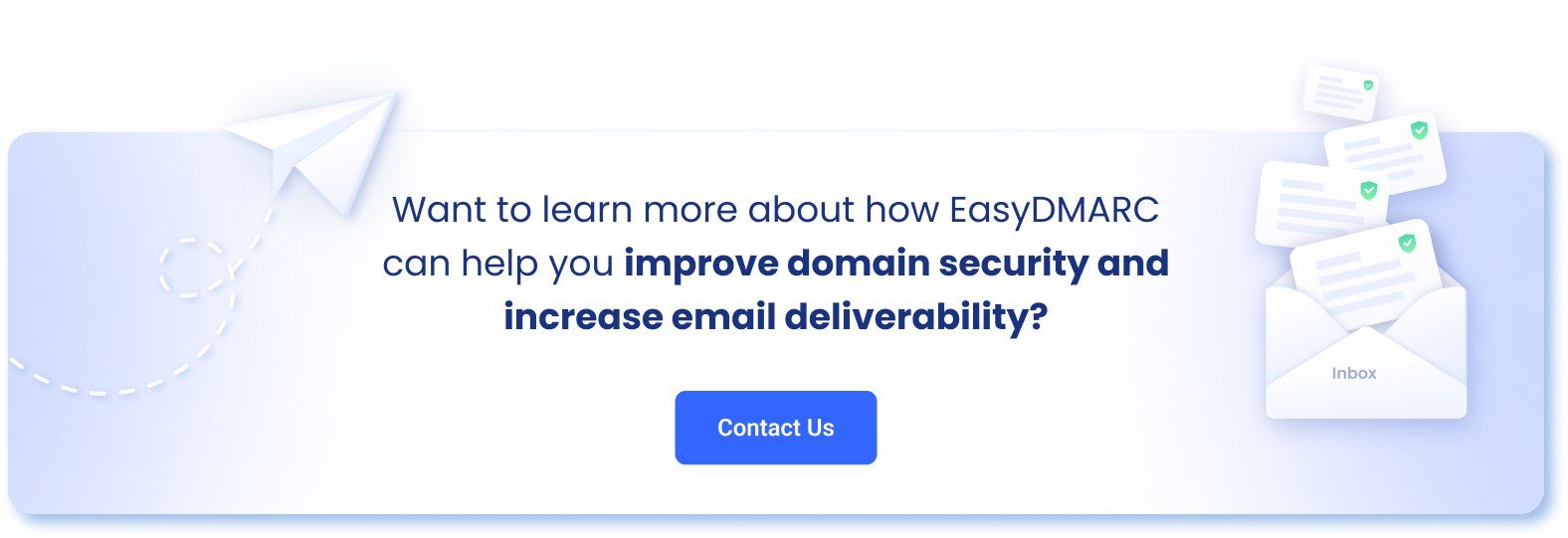Throughout humanity’s history, wars have been the showcase of tactics, strategy, and technology. Modern warfare is built on evolving military intelligence, but technological leaps are the culprits of the 21st-century battle
War theorists distinguish between five warfare generations, each building on the previous one but also carrying new elements. Science and innovation are the main driving forces pushing the battlefield into a new dimension.
We’re living in the age of 5th generation warfare, also called “hybrid warfare.”
So what is a hybrid war? It’s a war that uses all the means available to gain an advantage over the adversary. Hybrid war builds an unrestricted battlefield in the physical world, political arena, and cyberspace. While the latter is only one component of this ruthless struggle, it’s a formidable one nonetheless.
What is Cyberwar?
While bombs terrorize civilians and opposing sides send unmanned missiles to destroy military bases, airports, hospitals, and other strategic objects, cyberwar rages on—sometimes unnoticed. However, in this digital era, cyberwar impacts people deeply, leaving devastating consequences.
Cyberwarfare impacts the country’s infrastructure and the people’s psychology, instilling panic and chaos among unsuspecting civilians. Indeed, paranoia comes easily when you don’t understand how to protect yourself. It’s like going into a first-generation battle and not having a shield.
Infrastructure Takeover
The most common attacks during a hybrid war happen on the electrical grid, rendering it useless and making the adversary nation sink into darkness. Disrupting the electricity supply can be dire for individuals and the country as a whole. All communication is lost for civilians and dependent infrastructures can no longer function.
This is a sabotage strategy, where the attacked side must employ counter-measures to recover and restore vital infrastructure. Although an attack on the electricity grid might not last long, it can throw the government into panic mode if proper response protocols aren’t in place.
Targeting payment systems, banks, and computer networks is yet another common tactic used to spread panic and cause financial loss. Whether it’s a ransomware attack on government-owned infrastructure or hacks on personal accounts, it’s efficient.
Control Over the Decision-Makers
As you can see, during wartime, nations and government-backed hackers aim to influence the other country by any possible means. In addition to sowing chaos, these steps make governing bodies and key decision-makers vulnerable to rush decisions. While electricity supply impairment could be a sabotage act, it can also lead to power play during peace negotiations.
Many cyberwar attack types are used to tip the scales of political power. For example, adversary hackers might hold governmental sites hostage using ransomware or DoS (denial of service) attacks to improve the position of key politicians in negotiations.
Besides sabotage, hackers strive to get any and every piece of information their country can use against the adversary on other warfronts. Espionage is a common advantage-building strategy for all sides. Hacking government websites using credential stuffing, brute-force, and man-in-the-middle attacks can all be means to conduct espionage during cyberwarfare.
Sure, no country leaves its digital assets unattended. So, if a country rages into a 5th generation warfare, they should prepare hacker teams and set up a meticulous response plan. Whether it’s an offensive or defensive tactic, skilled hackers have become central to cyberwarfare.
Psychological Pressure on Citizens
The human factor in cybersecurity has been the main topic of our various blog posts for a while now. Scared and chaotic residents can do more harm than good, especially in wartime. One photo on social media, one phone call to a loved one on the frontline, and one conversation on a messaging app could be a goldmine for the adversary’s cyberforce.
In our article titled “Social Engineering Trends in Cybersecurity,” we mention government-backed social engineering and how increasingly dangerous it’s becoming. Phishing still remains one of the most common attack types used to gather information from ordinary citizens. Hackers usually choose top communication methods and target the most vulnerable people.
Malicious actors from government-adjacent groups often find their victims on social media newsgroups. They contact them via messaging apps (smishing), send voice messages (vishing), or even call unsuspecting citizens, making demands or tricking them into giving up important information.
Imagine hackers managed to breach a communications service provider. They’d have access to the entire customer base, including personal information.
Trigger keywords might be used by secret services to listen to conversations, too.
Misinformation and disinformation just add to this unnatural situation, making ordinary people even more vulnerable. The most experienced and cyberaware citizens can fall into intricately-designed traps, too.
Building Infrastructures to Withstand Cyberwarfare Attacks
Now that you know what it is, what would a real cyber war look like? Just read the news these days. While bombs explode, leveling buildings, another war is happening online.
Hybrid wars have been around for quite some time, but they definitely evolve year after year.
Unlike arms-based dealings, cyberwar is closer to the skin for most people. If the bombs don’t roar in your city’s sky, you’re more susceptible to online attacks. You never know how or when the adversary will strike, so cyberhygiene is always important.
Every attack and cyberwarfare tactic must have a counter-balance from the other side. Therefore, all countries should prepare for hybrid warfare at this point in history.
Building infrastructure secure enough to detect and stop any intrusion becomes increasingly important. You can’t ignore buying weapons during the preparation period for the war. Similarly, you can’t ignore cybersecurity and expect to win the fierce battle against government-backed hackers.
Sure, taking appropriate protective measures is important, but countries should also implement response tactics to neutralize any attacks in progress.
We’re living in a strange, increasingly digital era, where each of us can influence opinions and people with just one click. That’s why it’s vital for everyone to become cyberaware and more responsible in the online world, especially during armed conflicts.


